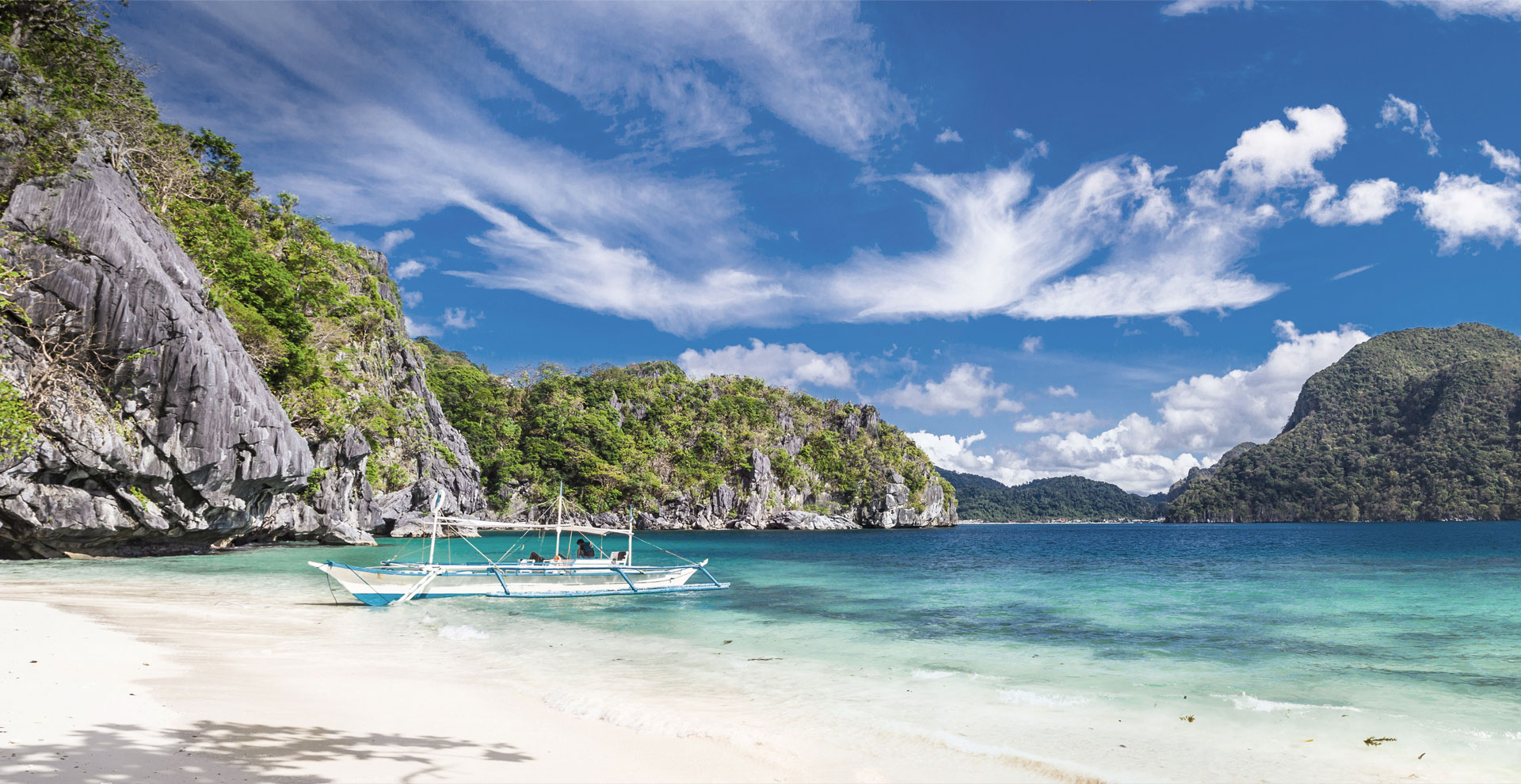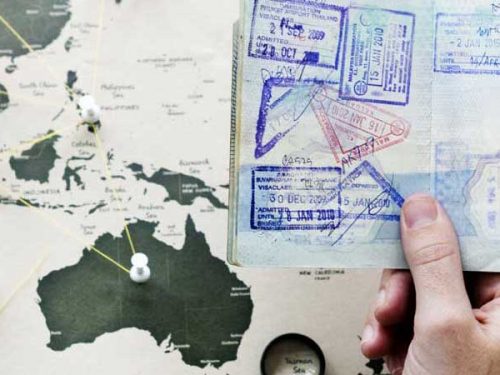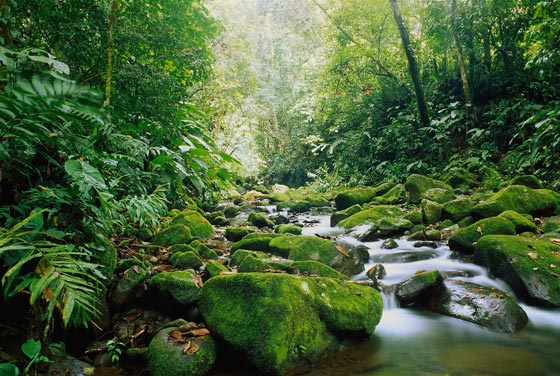
Who doesn’t love to travel? It’s a very common, everyday experience that people do all around the world. However, have you ever thought about what a traveller should know and what they need to know before setting out on their journies around the world? Few people truly go out of their way to be reckless and irresponsible when travelling, then again, sometimes we just need a few reminders about how to get things right while on our ventures.
To be a responsible traveller/tourist you’re inevitably needing to leave a positive impact not only on the environment but also the people and animals who live in those areas we are visiting. It’s about the attitude you take and the choice you make along your travels – to respect and benefit the local people, other inhabitants, cultures, economies and as stated the environment. It’s important to keep in mind that although we’re the ones travelling, we may be somewhere where others are suffering or less fortunate than we are. Whether you consider yourself a tourist, traveller or hardcore backpacker/wanderer, you need to be more mindful and educated about the choices you make as you travel.
Want to become a more responsible traveller? Here is a brief guide to some of our top tips on how to be one.
Tips for Travelling Responsibly
- Respect The Local Culture & Sites: One of the perks to travelling is learning about the different cultures and religions. The world is so diverse and consists of many fascinating people and beings. Each country you visit will have many different ethnic groups, each of which may have its own guide of etiquette and no-nos. Be sure to listen to the advice of the guide; you may not understand the significance of everything you see and learn, but respect those around you. Cultural diversity is apart of the lands wonder, embrace it.With that being said, it is also good to be mindful of the many cultural sites you could visit – such as temples or ruins, which are in most cases considered sacred grounds and inappropriate behaviour or dress can be interpreted as offensive. Defacing, damaging, walking or climbing, on monumental sites is illegal in many countries.
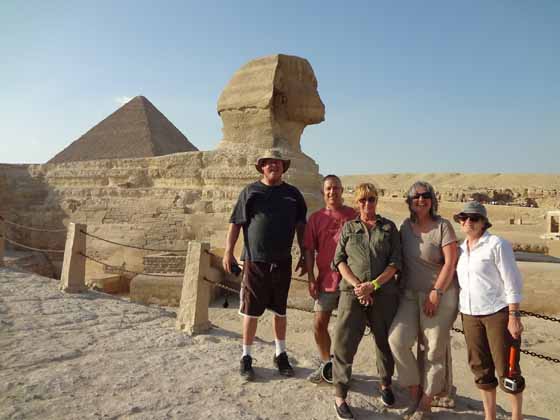
- Learn Basic Language: Learn a few words in the local language, and be open to learning about the local culture throughout the trip. Taking the time to learn something as simple as Û÷hello’ and Û÷thank you’ can make a world of a difference. It’s a common courtesy that definitely can make a trip more enjoyable.
- Go Local: Support the local economy. Being a more responsible traveller means going local. When you travel, do your best to support the local economy and locals themselves. Try the local restaurants, buy locally made souvenirs and treasures to take home with you, and support local tour guides. Just keep in mind to not eat or purchasing products that exploit or destroy wildlife such as souvenirs made of shells, corals, precious wood or any endangered species: turtles, elephants, tigers, sharks, whales, etc. and don’t purchase historical artifacts.
- Bring a refillable water bottle: by bringing a refillable water bottle means you can save money filling up at free water fountains and cut down on plastic waste. Use a water purifier or purifying tablets if the water isn’t safe where you’re travelling to.
- Make Careful Decisions Surrounding Wildlife Activities: It’s not uncommon for a lot of people to have a dream of riding elephants, swimming with dolphins or having their photos taken with tigers, but these activities often do more harm than good. Wildlife tourism is a big business, and most of these operators think about the profits before the well-being of the animals. Remember that for one hour of entertainment for yourself, you could be contributing to a lifetime of distress for the animal. When looking into interacting with wildlife and other animals, make sure to connect with the right organizations and reputable groups.
- Protect Underwater Life: Choose not to touch, feed, handle, chase or ride anything underwater. Your actions may stress the animal, interrupt feeding and mating behaviour or provoke aggressive behaviour. Understand and respect underwater life and follow all local laws and regulations.
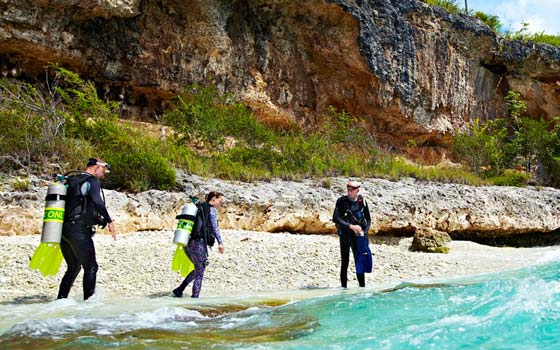
- Lower Carbon Footprint: This simply means taking care of the local environment like it is your own home and minimizing your waste as much as possible. Waste management can be a major issue in most developing countries and most often than not, tourists visiting the area become part of this problem without even realizing it. Wherever possible, bring eco-friendly sunscreens, shampoos, deodorants, etc. When Shopping, say no to plastic bags, instead put your items in your backpack or in a reusable bag.
Many travellers may be unaware of the consequences of their actions when they are visiting other places. If you see someone unintentionally doing things that may be destructive to the local environment, people or culture, it is always good to mention it to them in a friendly and educational way.
Is there a way you think we can be more responsible when travelling? Next time you plan your travels take this into consideration and how something so simple can make the world of a difference! Remember, our actions can have a big impact on the world. Make sure it is a positive one. Happy and safe travels!


